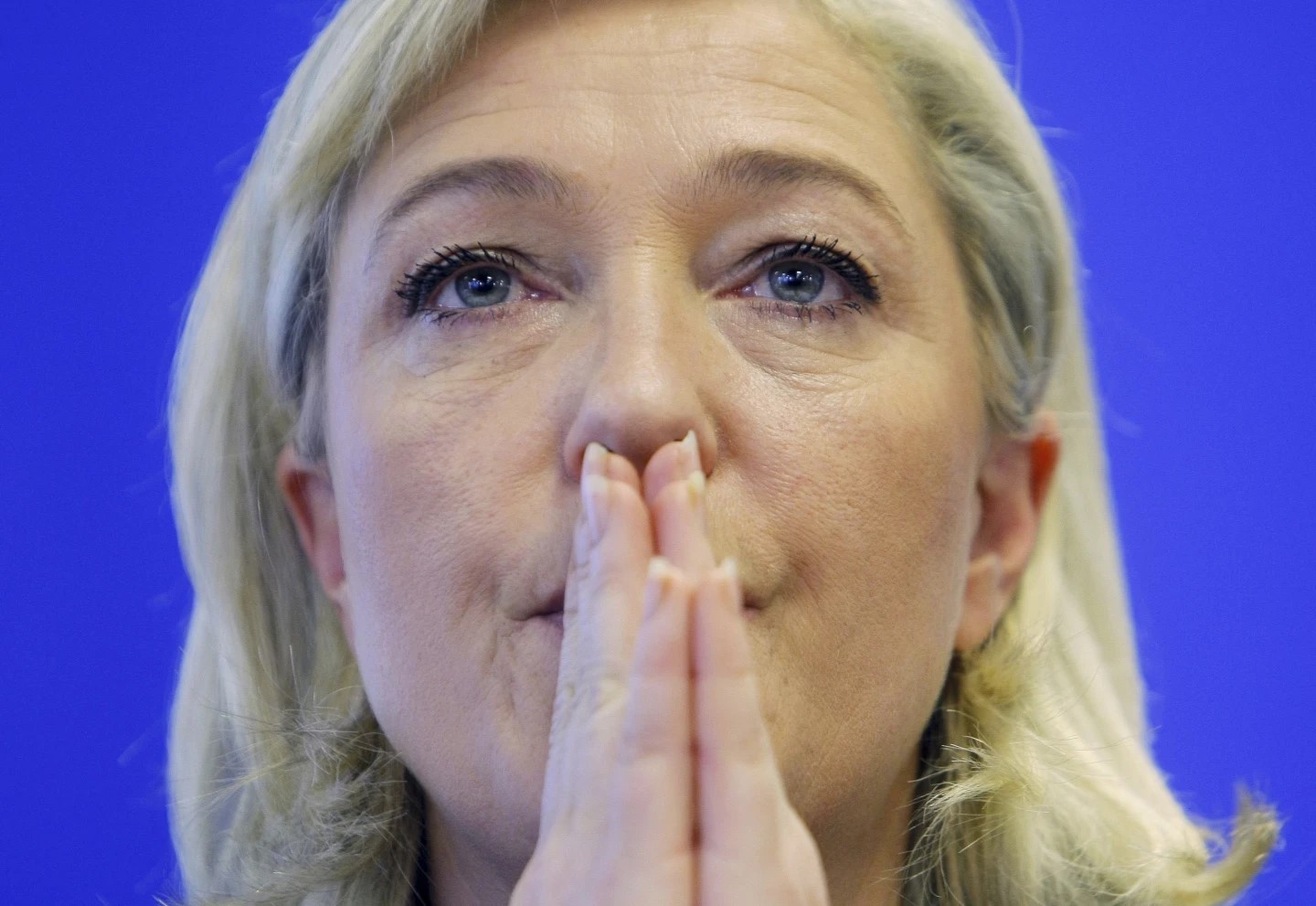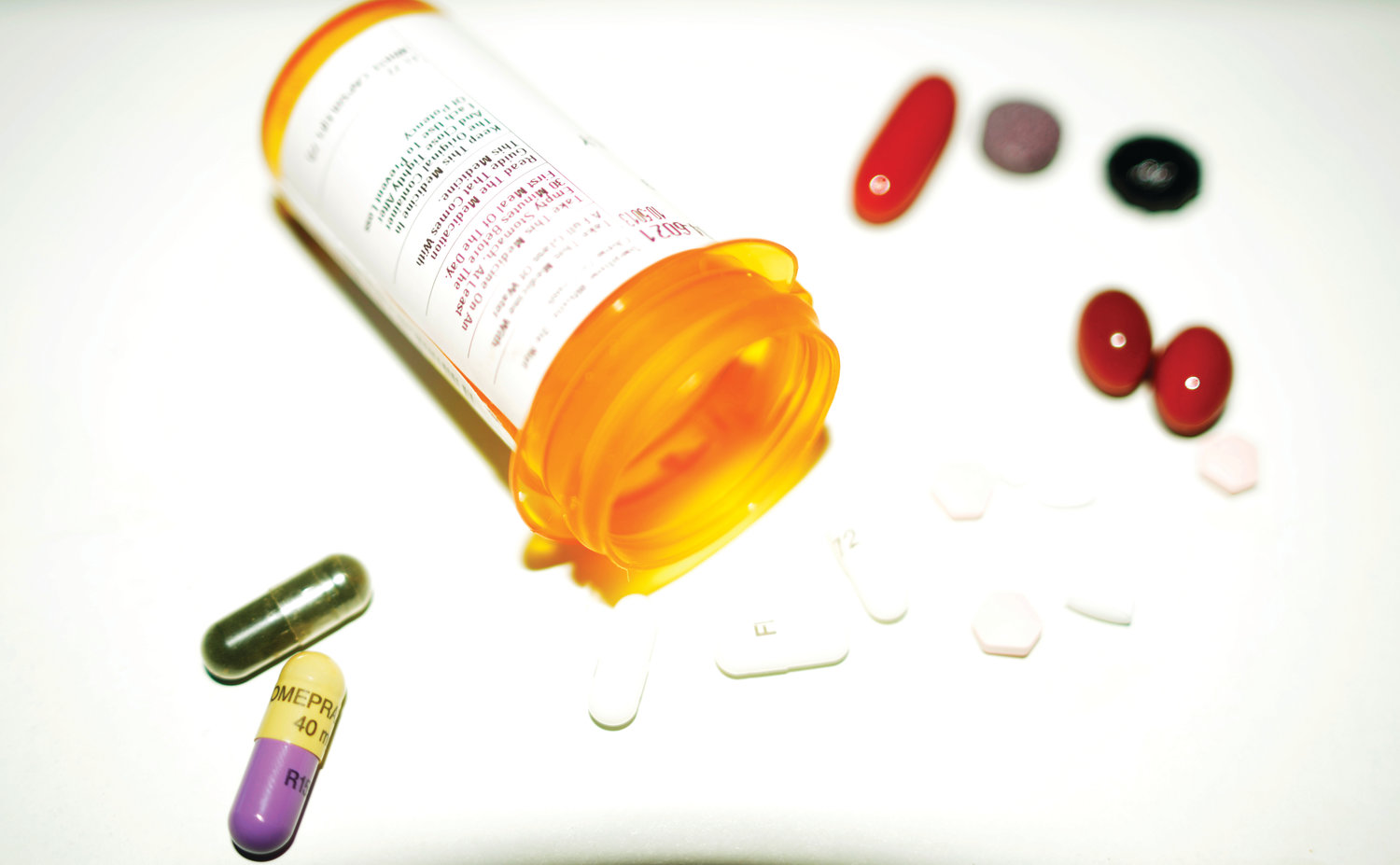They came bearing oversized images of the sons and daughters they lost to drug overdoses and signs demanding justice from the pharmaceutical company they hold most responsible.
The parents and their supporters rallied outside a Boston courthouse Friday as a judge heard arguments in Massachusetts’ lawsuit against Purdue Pharma, the maker of OxyContin, over its role in the national opioid epidemic.
More than 100 people gathered in front of Suffolk County Superior Court, some with signs saying, “Sack the Sacklers,” referring to the wealthy family that owns Purdue Pharma and whose name is emblazoned across major institutions such as the Smithsonian, Guggenheim and Harvard from years of philanthropy.
Poster boards filled with photos of hundreds of Massachusetts overdose victims were also laid out on the courthouse steps. Nearby, a full-sized skeleton made up of prescription pill bottles served as a guardian to the grim memorial.
“They need to see the families,” said Cheryl Juaire, a mother from Marlborough, Massachusetts, whose 23-year-old son Corey Merrill died of an overdose in 2011. “They need to be held accountable for the deaths of our children.”
Members of the Sackler family weren’t present in court Friday as lawyers representing the company, former executives and family members argued that Massachusetts Attorney General Maura Healey’s lawsuit should be dismissed. The lawyers said that the Democrat distorted facts and made oversimplified claims in her lawsuit in order to scapegoat the company for an epidemic has claimed more than 400,000 lives since 1999.
Healey, in her lawsuit, accuses the Stamford, Connecticut, company of falsely claiming OxyContin had low risk for addiction. Her office argues that Purdue Pharma’s sales and marketing teams pushed prescribers to keep patients on the drugs longer and aggressively targeted vulnerable populations, like the elderly and veterans.
In a statement as the hearing opened, Purdue Pharma called Healey’s lawsuit a “misguided and very political effort to try to place blame on a single manufacturer” for an epidemic that’s now largely driven by illegal heroin and fentanyl.
The company has argued it produced only a small fraction of the nation’s opioid medications. Lower-priced generic drug makers produced the lion’s share.
“Purdue Pharma is deeply concerned about the impact the opioid addiction crisis is having on individuals and communities in Massachusetts and across the country,” the company said Friday. “However, we strongly believe that litigation is not the answer. It wastes critical resources and time that are urgently needed now in the midst of the crisis.”
Lawyers for Sackler family members named in the lawsuit, meanwhile, argued in court Friday that they couldn’t be held liable because they didn’t personally carry out any of the marketing efforts or issue any directives on how to boost sales of Oxycontin. They also argued that many of the documents cited by the Healy’s office actually disprove its claims and omit crucial information.
Superior Court Judge Janet Sanders is expected to decide on the requests to toss out the case later.
Massachusetts’ lawsuit is among more than 2,000 by state and local governments pending against Purdue Pharma and other opioid makers, but the state was the first to directly sue members of the Sackler family. Many others have since followed suit.
Organizers of Friday’s protests sent letters to state attorneys general calling on them to dedicate all money recovered from opioid makers into addiction prevention efforts, substance abuse treatment and recovery support programs.
“We have an opportunity to fund solutions and save lives today,” said Ryan Hampton, a Los Angeles resident who is in recovery from heroin addiction and helped organize the rally.





